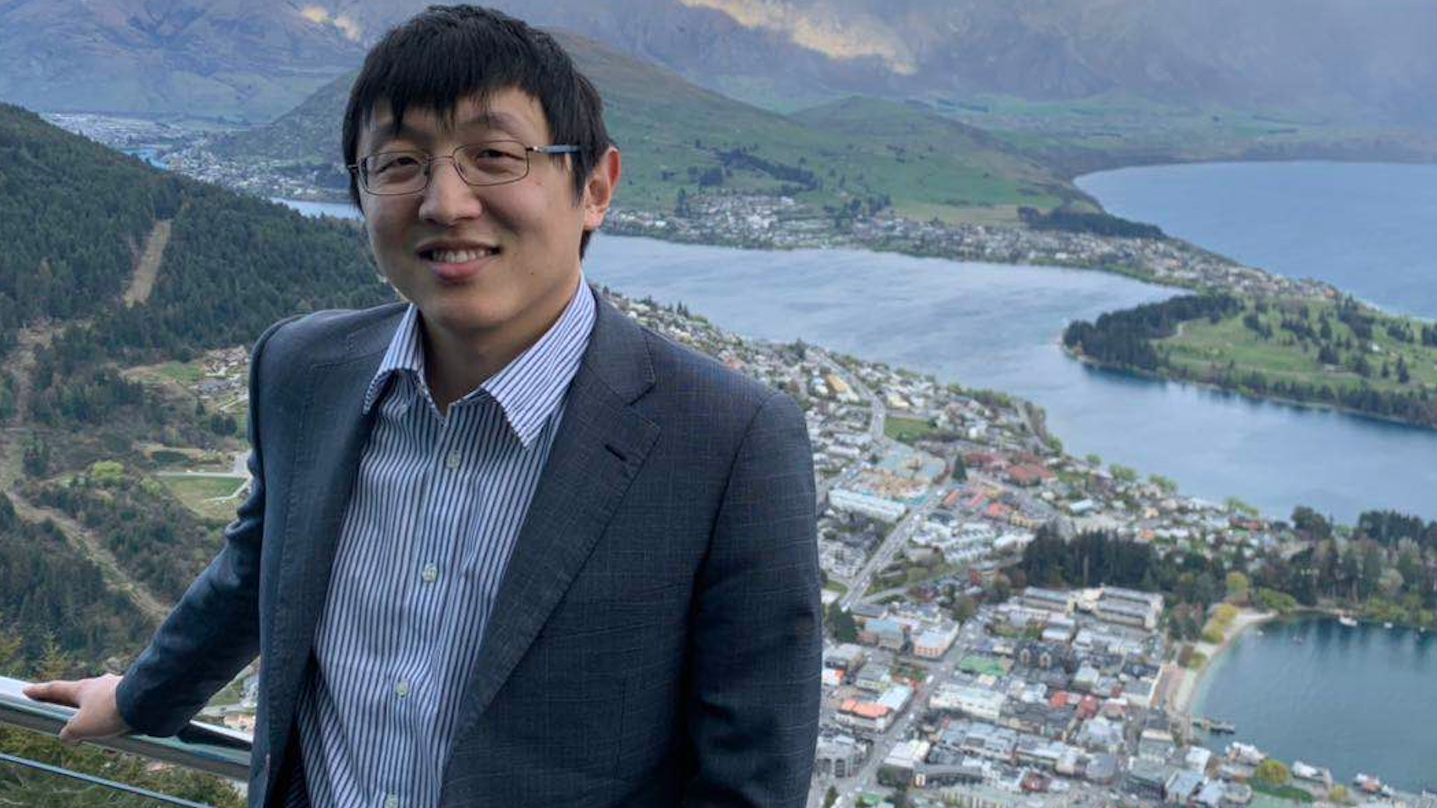Spotlight on a student: Lefu Tao
Evaluation and screening of adsorbents for the separation of carbon dioxide from natural gas

Lefu (Daniel) Tao has just finished his PhD completion seminar and is getting ready to submit his thesis on Evaluation and screening of adsorbents for the separation of carbon dioxide from natural gas.
In his PhD research Lefu developed a novel and effective method to rapidly evaluate the performance of an adsorbent in the application of CO2 removal from high-pressure natural gas without undertaking trial operations in real PSA plants.
We interviewed Lefu on his research, and his plans for the future.
What is your research about?
Displacing coal and oil with natural gas across the economy can help mitigate global CO2 emissions. However, roughly half of the world’s proven natural gas reservoirs have a CO2 concentration from 15% to 80%. Most of these sour reserves have not been exploited because of the economics of the purification process. Pressure Swing Adsorption (PSA) is one promising technology to separate the high concentration of CO2 in the raw gas mixture to provide high-quality natural gas for domestic and industrial applications. The most significant advantage of the PSA process is that it requires much less energy to accomplish the purification task when compared to the other separation technologies, in large part because the PSA can utilize the high pressure of the gas reservoirs to drive the separation process.
The adsorbent used in the PSA is key to the process. However, whilst many materials have been reported to have good CO2 selectivity in the literature, most have not been tested in a real PSA plant. In my Ph.D. research, I developed a novel and effective method to rapidly evaluate the performance of an adsorbent for CO2 removal from high-pressure natural gas without undertaking trials in real PSA plants. Using this method, researchers and engineers can now use the adsorptive properties of any materials in the literature to predict the actual performance of the adsorbent for a given application.
Who are your supervisors?
I have been lucky to work under the guidance of Professor Paul Webley and Dr. Penny Xiao during my PhD research.
What do you want to do next?
I will continue my career on exploring the potential of the adsorption technology and developing practical industrial adsorption applications. Specifically, I would like to get involved with projects about natural gas and hydrogen purification, which can help to build a low carbon world.
Have you received any awards?
I was a recipient of the Melbourne Research Scholarship award in 2015.
Further information
Lefu and his supervisors warmly welcome any enquiries about his research. You can email him at danieltao.um@gmail.com.